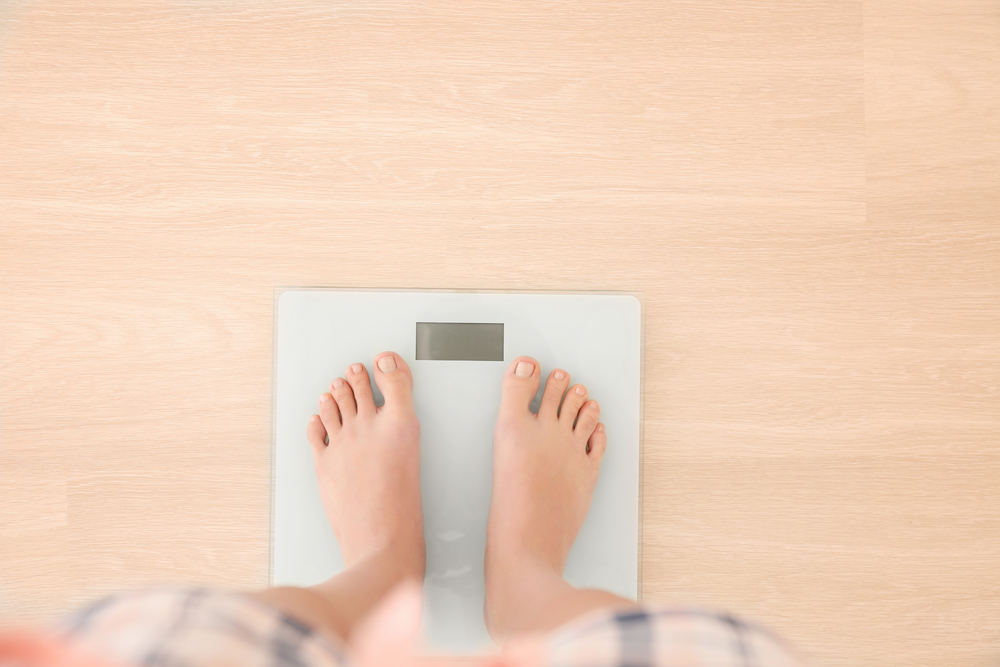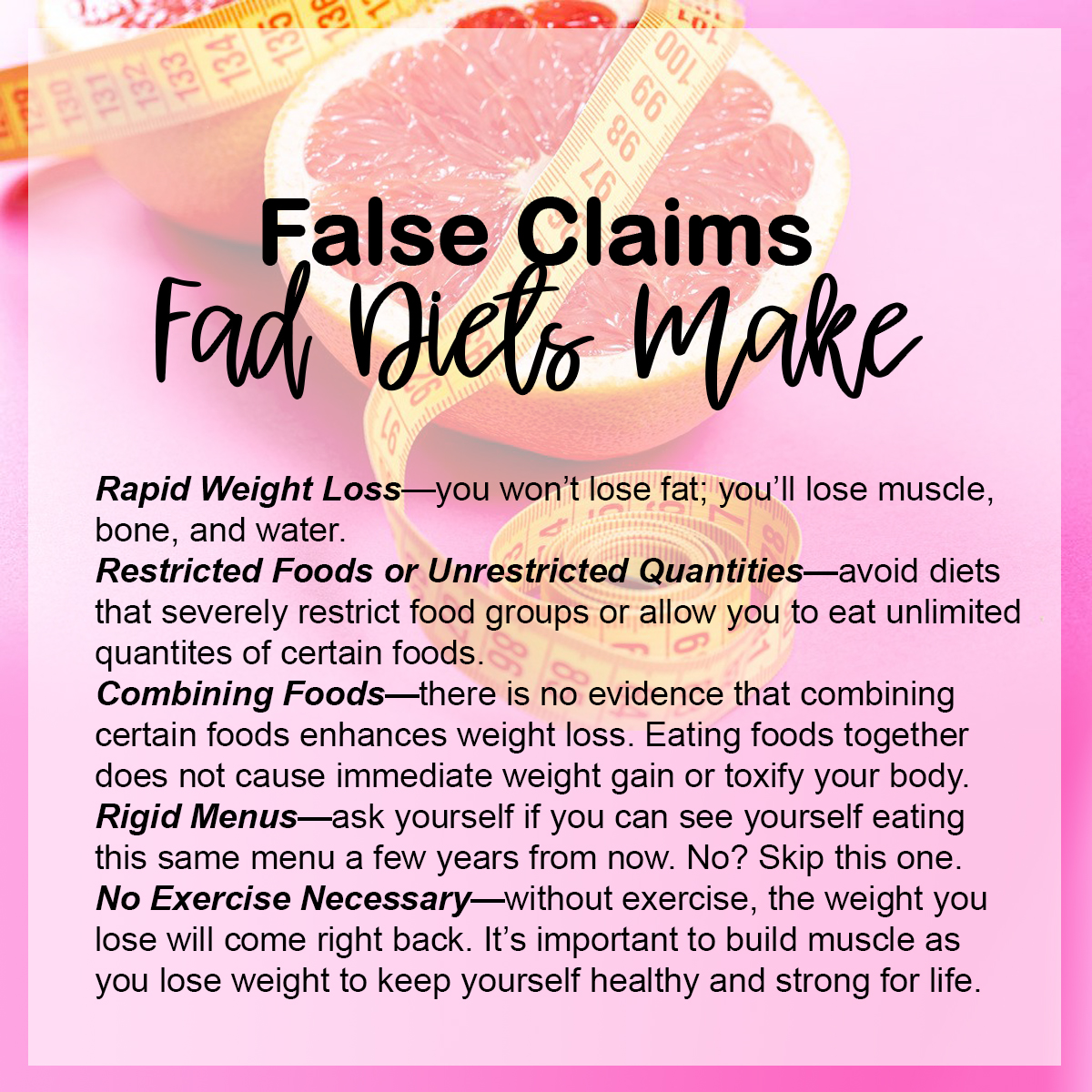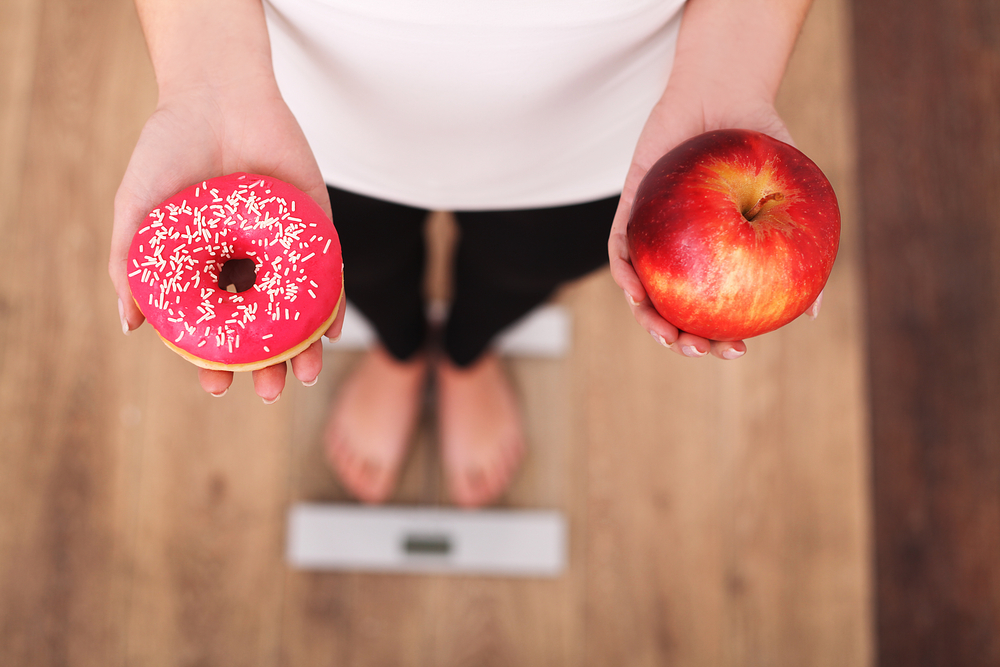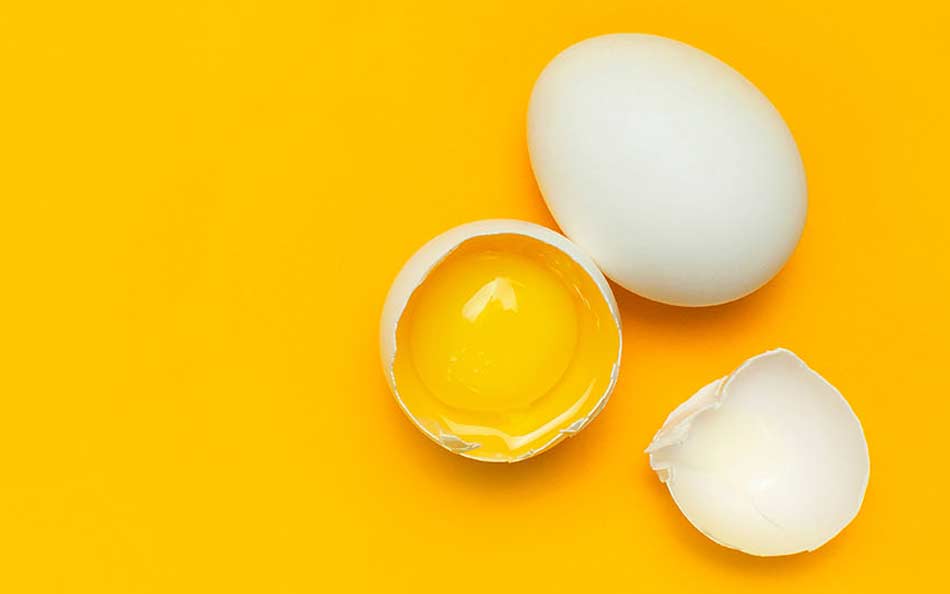
Resolved: Stop the Fads and Lose the Weight This Year
January 10, 2020
Veterans and Covid-19: What To Do?
April 30, 2020by Susannah Wollman
Part 2: Start Eating Healthy
How to eat healthy and lose weight
In Part 1 we looked at yo-yo dieting and the rebound weight syndrome. Now we are going to talk about fad diets and healthy eating plans designed to help you lose weight and keep it off.

What is a fad diet?
Search for “quick weight-loss diets” on the internet and thousands of fad diets will pop up. These are non-standard diets that promise rapid weight loss. They rely on anecdotal rather than scientific “evidence” that make wildly improbable claims that are usually false and often dangerous.
The “obesity crisis” in the USA
Does America have an obesity crisis? Research shows that nearly 40% of adults were affected by obesity (about 93.3 million people).1 Even children and young adults are showing the trend toward obesity as well, with the National Health and Nutrition Examination Survey reporting 17% (about 12.5 million) of people between the ages of 2 and 19 are clinically obese.2 That’s nearly three times the number of obese young people in 1980.

How do you know which diets are only fads?
There are way too many fad diets to list and compare in this brief article, so instead we’re going to list the elements of a diet that will tell you if what you’re eating falls under the category of fad diets. If these are the characteristics of your eating plan, you’re probably on a fad diet.
- Quick weight loss. If your diet promises quick weight loss or does not have a long term plan to keep the weight off, you are following a fad. Losing weight too quickly can be detrimental to your overall health. It’s a dead giveaway if “you’re not learning behaviors to help maintain that loss,” says Lindsay Martin, RD, dietitian at Hilton Head Health, a weight loss spa in Hilton Head Island, SC. Losing more than 1-2 pounds per week means you’re losing muscle, slowing your metabolism, and are guaranteed to put the weight back on.
- Restricting you to only a few foods. Variety is a key component to healthy eating. If you are only eating a few foods, the problem is more than just a boring menu. You may not be getting the nutrition a balanced diet gives you.
- Your diet is designed to lose weight from a specific part of your body. “It’s medically impossible to lose weight from only one part of your body,” says Marjorie Nolan Cohn, RD, a spokeswoman for the Academy of Nutrition and Dietetics. Since you lose weight from all over your body, any claim that you can lose “belly fat” is simply false.
- You never feel satisfied. If you’re always hungry, you probably aren’t eating 1,200 calories the average woman needs or 1,400 calories the average man needs to meet your nutritional needs. Eating less than that may help you lose weight faster, but at the expense of your overall health.
- Claims that “results are not typical” are an immediate flag that you’re following a fad. The one thing you can be certain is the truth is that “results are NOT typical”!
- Diets that claim you can lose weight and keep it off without exercise are lying to you. Exercise is essential for keeping weight off, so even if you lose a few pounds initially, they’ll come right back if you don’t maintain a healthy lifestyle including an hour’s exercise most days (you can spread it out over your day, though).
- Loose bowels are not an indication that your diet is working. Instead, just the opposite is true. You can be sure that your diet is depriving you of the nutrition it needs to operate properly.
- The only thing “magic” about formulas that you have to buy is that it makes your money disappear. There are no foods or supplements that magically make you lose weight. Food combining is also a myth.
- If it sounds too good to be true, too quick, or too easy, it’s a fad diet.

Why choose a healthy alternative instead of a fad diet?
There are a multitude of reasons for eating a healthy diet.
- Research is clear that eating right helps prevent many health problems like heart disease and cancers, the leading causes of death worldwide.3
- Calories—which many fad diets claim you don’t need to count—are your body’s basic nutritional needs. If you want to lose weight, you must create a calorie deficit so that you burn more calories than you consume. Without this step, you will not lose weight.4
- Choosing whole foods most of the time will help you lose weight. Whole foods are those that are largely unprocessed and consist of only one food. These foods are more nutrient dense, providing fewer calories and more nutrients per serving than packages, processed foods.
Can you see yourself on the same diet in 2 years? 5 years?
Look ahead into the future. You will want to cultivate eating habits that you can maintain over the years. If you can’t see yourself still eating this way, your weight loss will probably not be sustainable. Changing your lifestyle is the most important and healthiest way to lose weight and keep it off.
Losing weight isn’t a scheme. It’s a lifestyle. Remember: you didn’t gain the weight overnight, so don’t expect to lose it that way, either.

[1] “Adult Obesity Facts.” Centers for Disease Control and Prevention, Centers for Disease Control and Prevention, 13 Aug. 2018, www.cdc.gov/obesity/data/adult.html.
[2] “Pediatric and Childhood Obesity – Children’s Health Dallas, Plano and Park Cities.” Children’s Health, www.childrens.com/specialties-services/conditions/obesity?source_code=web_ppc&gclid=CjwKCAiAgqDxBRBTEiwA59eENzU8YBJg-nWb5wHl20fcG2G3K35Tza83pLnguZiiDW9wdNuZ2S0hnhoC_CsQAvD_BwE.
[3] McCullough, Marjorie L, et al. “Diet Quality and Major Chronic Disease Risk in Men and Women: Moving toward Improved Dietary Guidance.” The American Journal of Clinical Nutrition, U.S. National Library of Medicine, Dec. 2002, www.ncbi.nlm.nih.gov/pubmed/12450892.
[4] Hall, Kevin D, et al. “Energy Balance and Its Components: Implications for Body Weight Regulation.” The American Journal of Clinical Nutrition, American Society for Nutrition, Apr. 2012, www.ncbi.nlm.nih.gov/pmc/articles/PMC3302369/.





